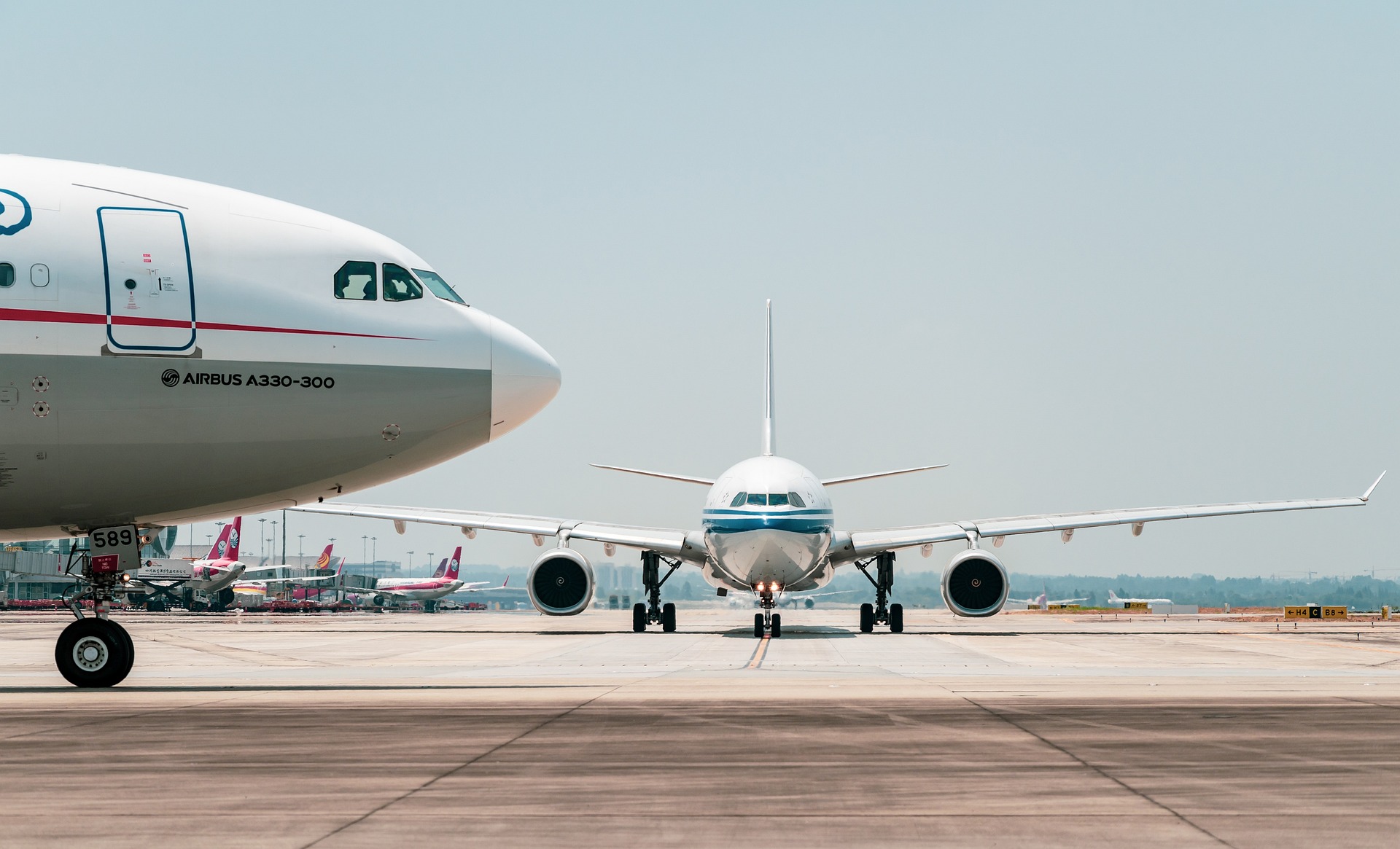-
Blog
-
About us
- Awards
- Issues
- Contact Subscribe
Blog page






Our Top Categories
The World Leader in Workplace Violence Prevention
Top Read In Category
asdsd

This Is What The Future Of Direct Mail Looks Like
Top Read In Category
asdsd

The Seven Reasons to Get Funding Education
Top Read In Category
asdsd

How Can UK Businesses Overcome the Digital Skills Gap?
Top Read In Category
asdsd

An Easy Guide To Work Rota Laws
Top Read In Category
asdsd

How Telematics Can Revolutionise Your Fleet
Top Read In Category
asdsd






